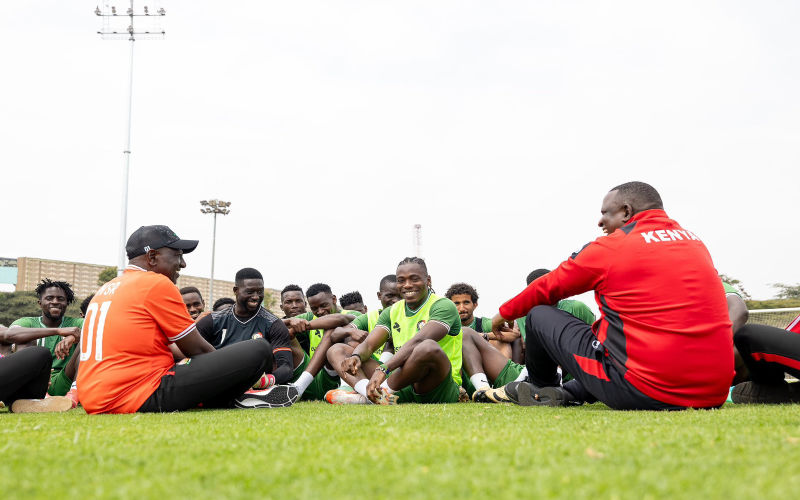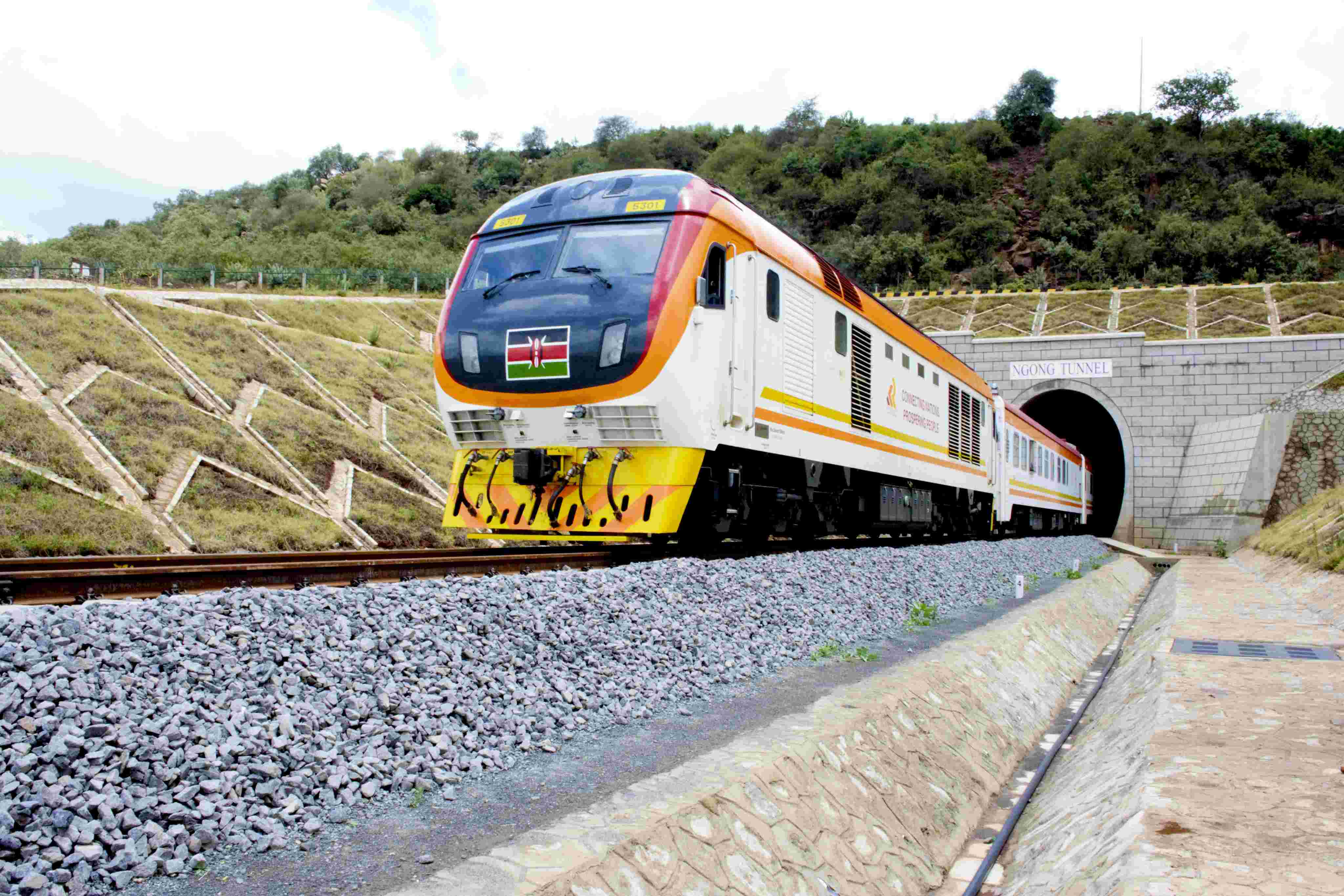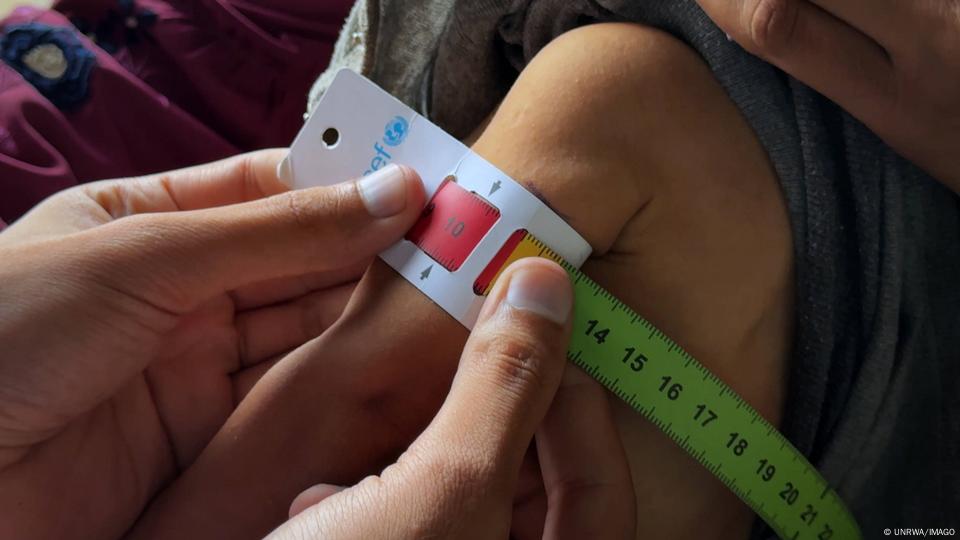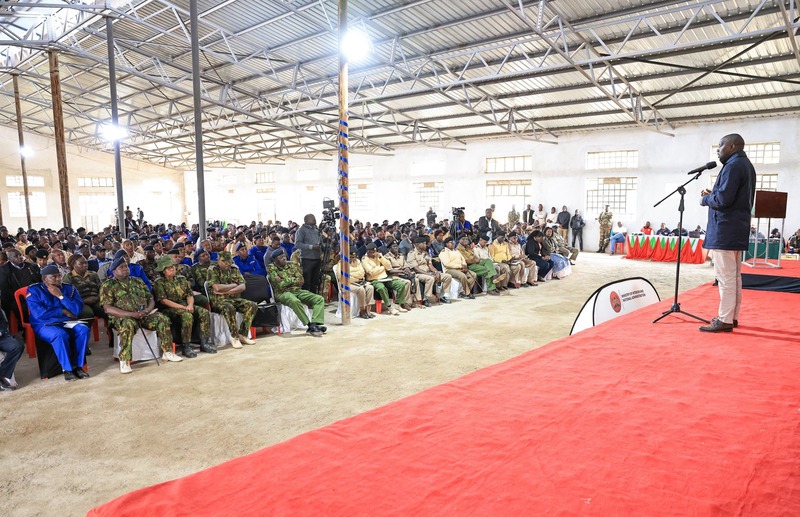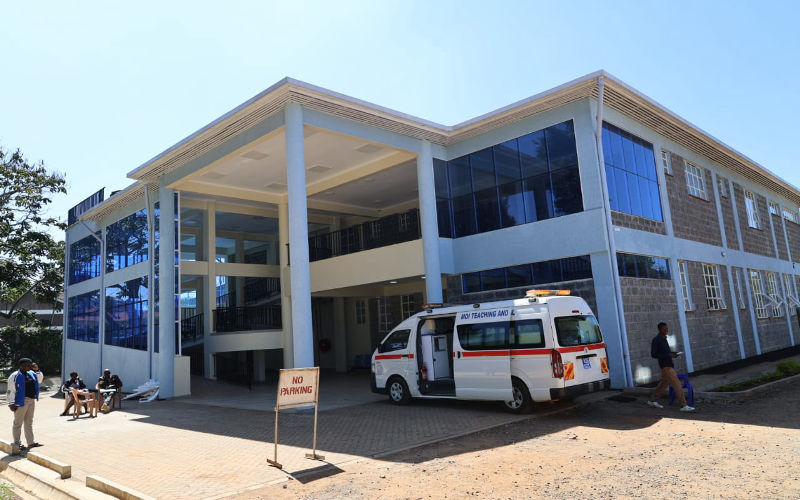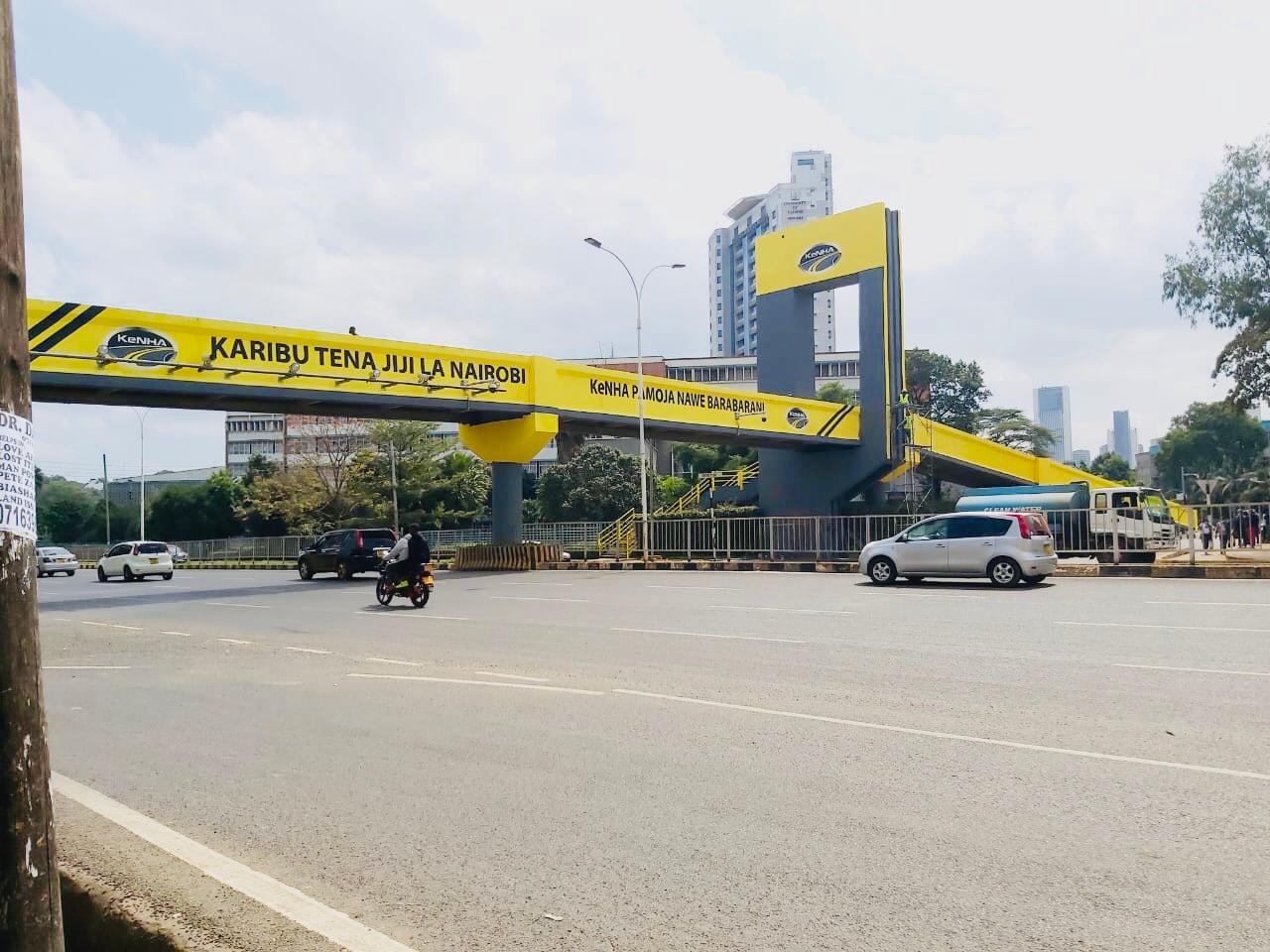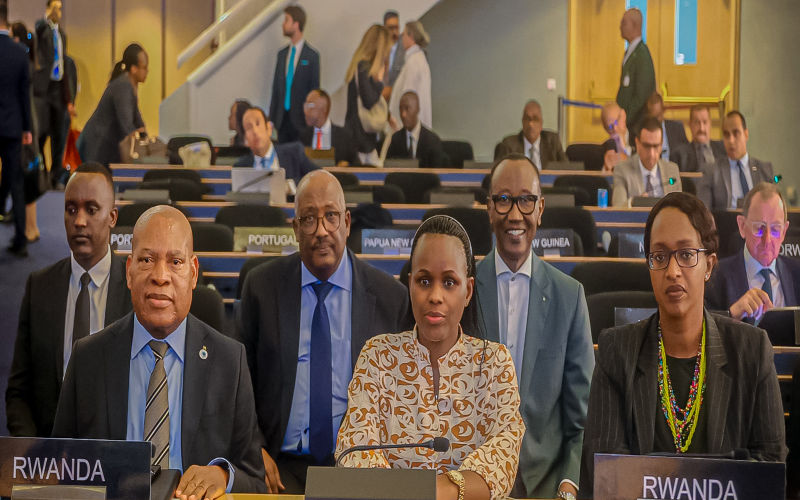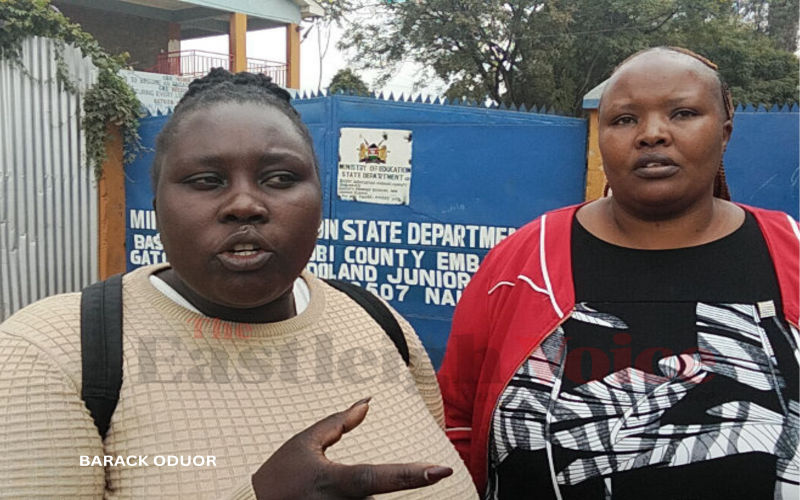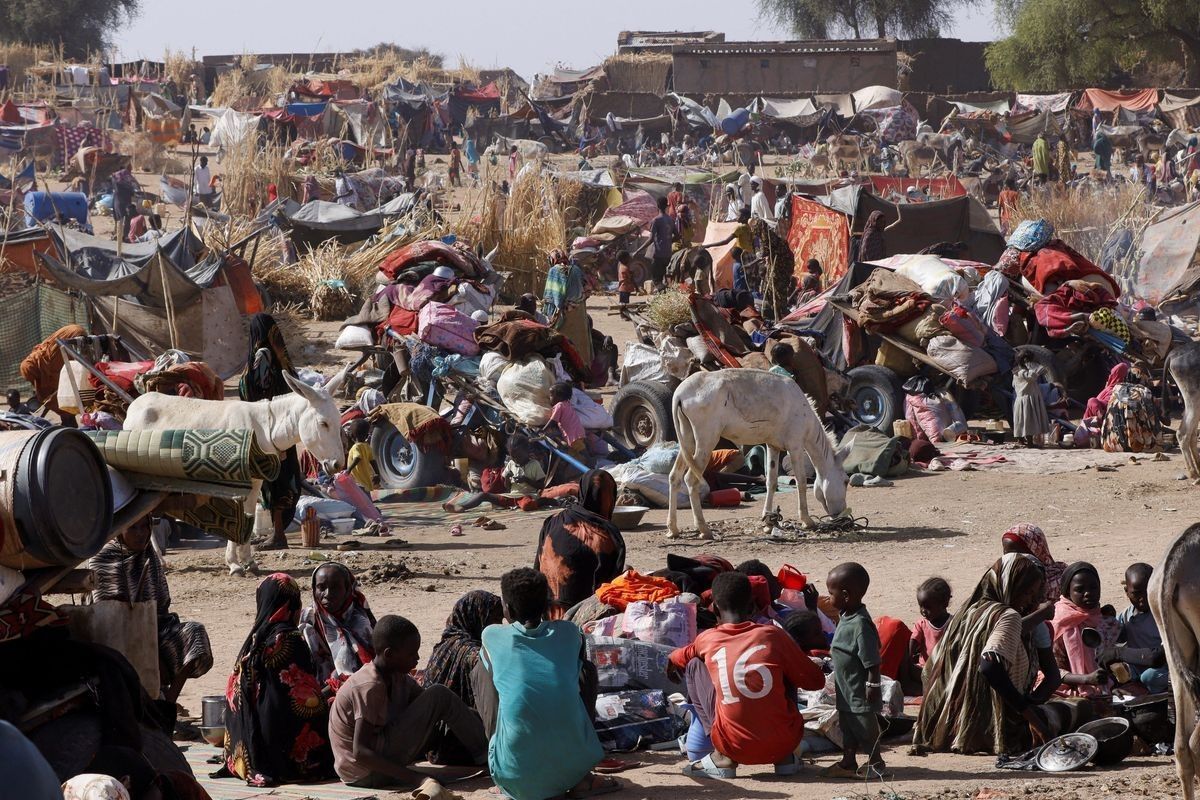Border tensions flare as Uganda and South Sudan trade blame over deadly clash
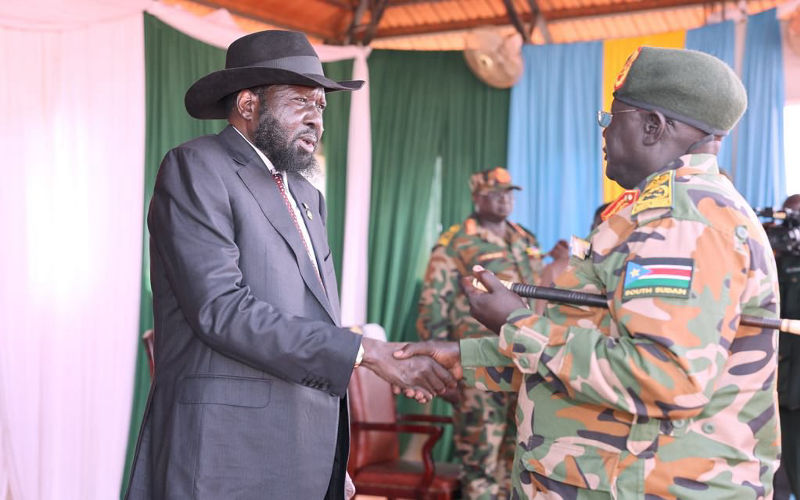
According to South Sudanese officials, the clash began when Ugandan forces crossed into South Sudanese territory and launched an unprovoked attack using tanks and artillery.
Tensions along the Uganda-South Sudan border have reignited after a fatal military confrontation left several South Sudanese soldiers dead and displaced thousands of civilians.
The incident, which took place on Monday in South Sudan's Kajo-Keji County, underscores the fragility of relations between the two neighbours and the volatility of their poorly demarcated frontier.
More To Read
- South Sudan declares Kenya-led Tumaini Peace Initiative 'dead'
- Kenyan engineer killed in South Sudan ambush
- UPDF accuses South Sudan troops of border incursion that left seven dead
- Uganda elections: FDC party confirms Nandala Mafabi as presidential candidate for 2026
- Kenya and Uganda sign 8 new MoUs to boost trade, infrastructure and regional integration
- South Sudan confirms deadly border clash with Ugandan forces
According to South Sudanese officials, the clash began when Ugandan forces crossed into South Sudanese territory and launched an unprovoked attack using tanks and artillery.
"They just came and started shooting with heavy artillery. Civilians began running in panic. To this day, they remain scattered in different places. Some women still cannot find their children," said Ernesto Tumiyo, executive chief of Bori Boma, in an interview with Radio Tamazuj.
He claimed five South Sudanese personnel - including prison, wildlife, and national army officers -were killed.
Uganda, however, tells a different story.
Army spokesperson Felix Kulayigye confirmed the clash to Reuters, stating that it began after South Sudanese troops entered Uganda's West Nile region and refused to withdraw.
Uganda reported one casualty among its forces.
Regardless of the competing narratives, both sides have since agreed to a ceasefire and the formation of a joint investigation committee.
"We are engaging through the joint technical border committee to find a peaceful resolution," said Maj. Gen. Lul Ruai Koang, spokesperson for South Sudan's People's Defence Forces (SSPDF).
Still, the situation remains tense. Local leaders say Ugandan troop reinforcements have continued to arrive.
"Today, those forces are still here - they brought more soldiers and tanks," Chief Tumiyo noted on Wednesday, warning of the potential for escalation.
Lawmakers in Juba have expressed alarm.
"This is not the first incursion, but this time it has turned deadly," said Milla Amos Peter, chairperson of the Kajo-Keji parliamentary caucus. "We must prevent revenge attacks and push for dialogue."
The episode highlights the persistent instability in a region still reeling from years of civil conflict and weak border governance.
Unless contained, Monday's events risk sparking a broader diplomatic fallout - or worse, a drawn-out border standoff.
Top Stories Today

